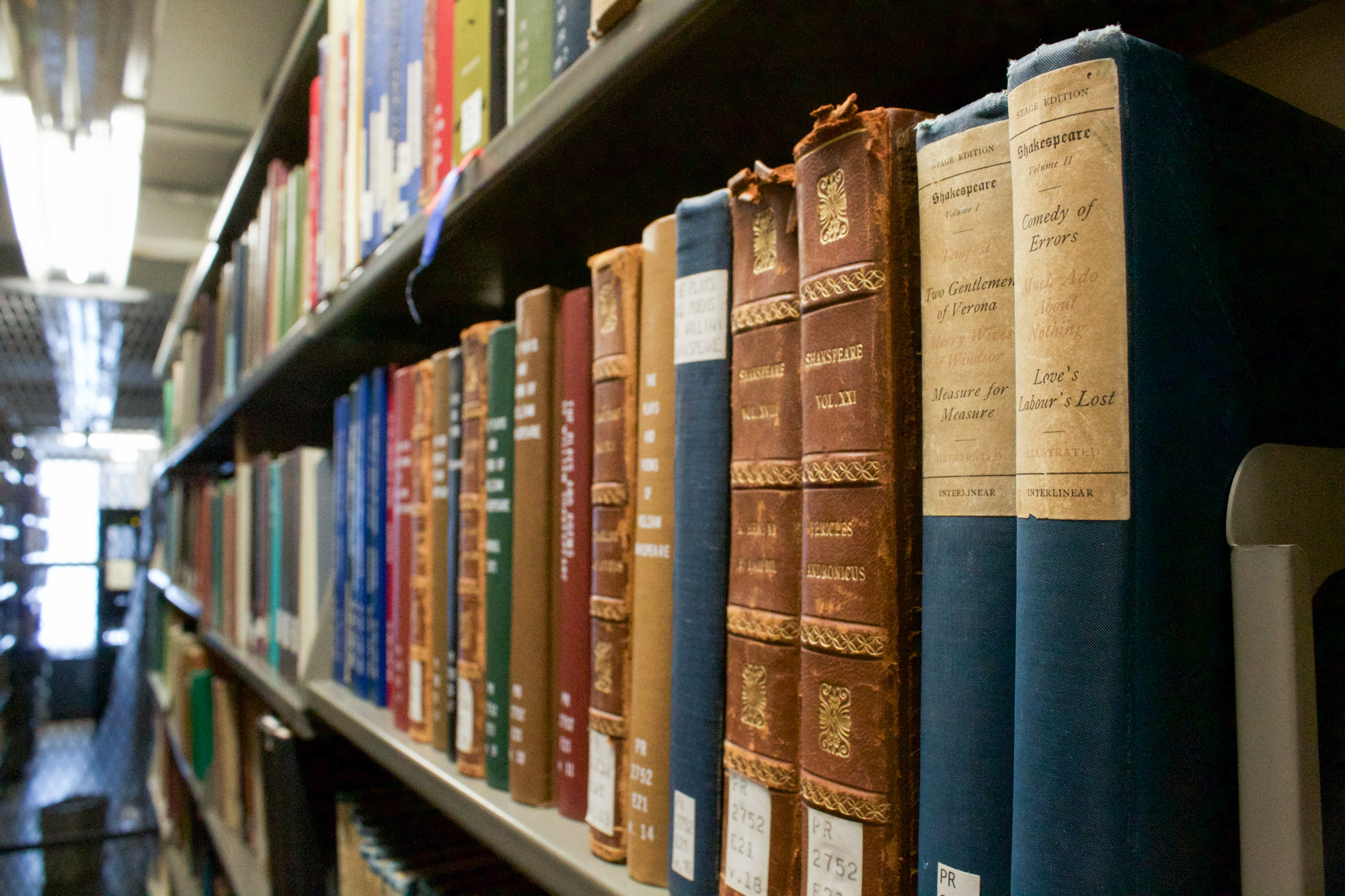When Jaala’Nnette Crenshaw, a sophomore in the Pardee School of Global Studies, thinks of the library, she imagines a quiet space — which she said “can be kind of intimidating.”
But Boston University Libraries are looking to change how students view the library and prove that they are not a purely academic space, Kristina Bush, BU’s library experience manager said.

“My job is to change the perception from the library being a place of stress, to being a place that also supports wellbeing and supports students’ curiosity,” Bush said.
Supporting students’ wellbeing and curiosity entails facilitating access to research tools, scholarly experts and citation guides, Bush said. The libraries strive to create a “holistic student experience” that connects students’ academic life with recreational life, she said.
The Mugar Memorial Library is the main humanities and social sciences library at BU, according to the BU Libraries website.
There are five different branches in addition to Mugar: the Astronomy Library, the Frederick S. Pardee Management Library, Pickering Educational Resources Library, Science and Engineering Library and the Stone Science Library, the website says.
Johanna Kaiser, BU Libraries’ communications manager, said she hopes the libraries can become a “third place” for students.
The term “third places,” coined by urban sociologist Ray Oldenburg, refers to public places where people can gather and find community beyond their first places — home — and second places — work, according to Oldenburg’s website.
The idea of third places is to “allow people to put aside their concerns and simply enjoy the company and conversation around them,” the website says.
Public libraries are common third places, as they provide the public with a safe informational environment, regardless of age and status.
“We’re trying to build upon that connection that students already have with public libraries,” Bush said. “And also connect you to these resources across Boston that will enhance your curiosity and your academic experience.”
Third places are under-researched and quickly disappearing, according to a 2019 study by the National Institutes of Health.
The loss of third places would result in Americans “losing access to key services, goods, and amenities, in addition to community sites that help buffer against loneliness, stress, and alienation,” according to the study.
One way that BU Libraries have promoted the idea of community is by partnering with student groups on campus, Bush said. On March 2, the libraries co-hosted a reading retreat with BU’s Newbury Center for first-generation students, she said.
This retreat provided an opportunity for first generation students to read and study together to work to build community, Bush said.
This event, according to M.C. Damm, the associate director at BU’s Newbury Center, was an opportunity to see if the center could help support first generation students at BU in accessing library resources while building connections and community.
Sydney Boothe, who is a graduate student assistant of the Newbury Center, said the event provided a space for students to engage with librarians and learn more about the resources available.
“There’s a lot that the library has to offer, and I think just being able to get to talk to somebody about it is a lot easier than trying to sit through just a resources page or something like that,” Boothe said. “That way you can just communicate your needs a little bit easier.”
The libraries also partnered with BU Book and Ink, a reading and writing club, for a Valentine’s Day-inspired “Blind Date with a Book” event on Feb. 16.
Both Bush and Kaiser said they encourage BU students to take advantage of library resources such as “Ask a Librarian” and research appointments with staff.
“Part of my work as a librarian is to help people pursue what they’re interested in and their passions,” Bush said. “That’s what I love so much about my job is that, every time I talk to students, I learn something about what it is they are interested in.”
Librarians want students to know they’re there for them, Bush said. When a librarian receives a student appointment request, Bush said it’s “the highlight of everybody’s day.”
For students like Crenshaw, digitization has made libraries obsolete.
“I got a book from there once, but otherwise, usually everything’s pretty digitized, so I don’t really have a purpose for going over,” Crenshaw said.
For other students, the libraries are only a place used for quiet studying.
“I don’t really use the libraries for what it’s necessarily for, per se,” Jairo Zelaya, a junior in the College of Communication said. “I mainly go there as a study space or a quiet place where I need to concentrate. I don’t go there for books as much as I think I should.”
But BU Libraries do not only offer academic resources, and are more than just a quiet study space, Bush said. She said she would love to see students checking things out based on their interests outside of school.
“We are an academic library, so that means that we support research and learning needs first,” Bush said. “But many of these collections align with leisure reading interests.”
Crenshaw said she only uses the library twice a semester. Right now, she said she wouldn’t go to the library for leisure, but that this could change if they made it a social space.
“[The library] is a place of connection. It can be a social space, it can be an independent place to go to get work done,” Bush said. “We want the BU libraries here to be that third space for you.”



















































































































